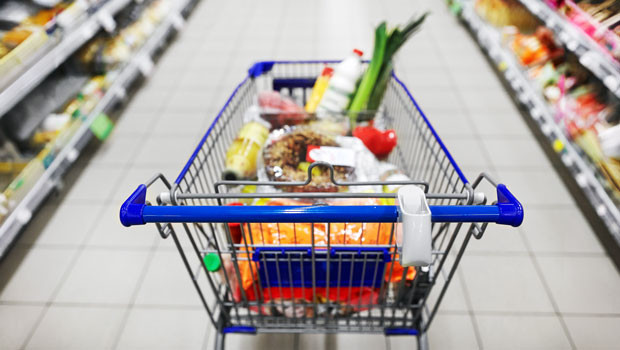
Source: Sharecast
According to data from Worldpanel by Numerator - formerly Kantar - take-home sales at British grocers rose by 4.8% in the four weeks to 7 September.
Grocery price inflation eased to 4.9% from 5.0% a month previously. It is the second consecutive month where grocery price inflation has softened, although it remains high by historical standards.
Prices rose fastest in chocolate, fresh meat and butter, and fell in sugar confectionery and dog food, the retail consultancy noted.
Consumer price inflation currently stands at 3.8%.
Driving sales were supermarket own-brand labels, as shoppers sought out cheaper options, and the return to school.
Own lines now make up 51.2% of all sales, up from 50.9% a year previous, with sales growing 5.9% over the last four weeks.
Lunchbox staples, such as yoghurts, cooked meats and ham, also performed strongly, as did childrenswear, where sales rose 8.4%.
Fraser McKevitt, head of retail and consumer insight at Worldpanel, said: "The grocers clearly did their homework on back to school fashion. Value is still at the front of shoppers’ minds, and retailers have tapped into this."
Among individual retailers, Tesco remained the sector leader, with a 28.4% market share following a 7.7% jump in sales in the 12 weeks to 7 September. It was Tesco's highest rise in sales since December 2023.
At J Sainsbury, its closest rival, sales rose 5.4%, giving it a market share of 15.1%.
Both Lidl and Ocado Group also saw strong performances, with sales up 11% and 11.9% respectively.
Asda, however, continued to struggle, with sales falling 2.7%.